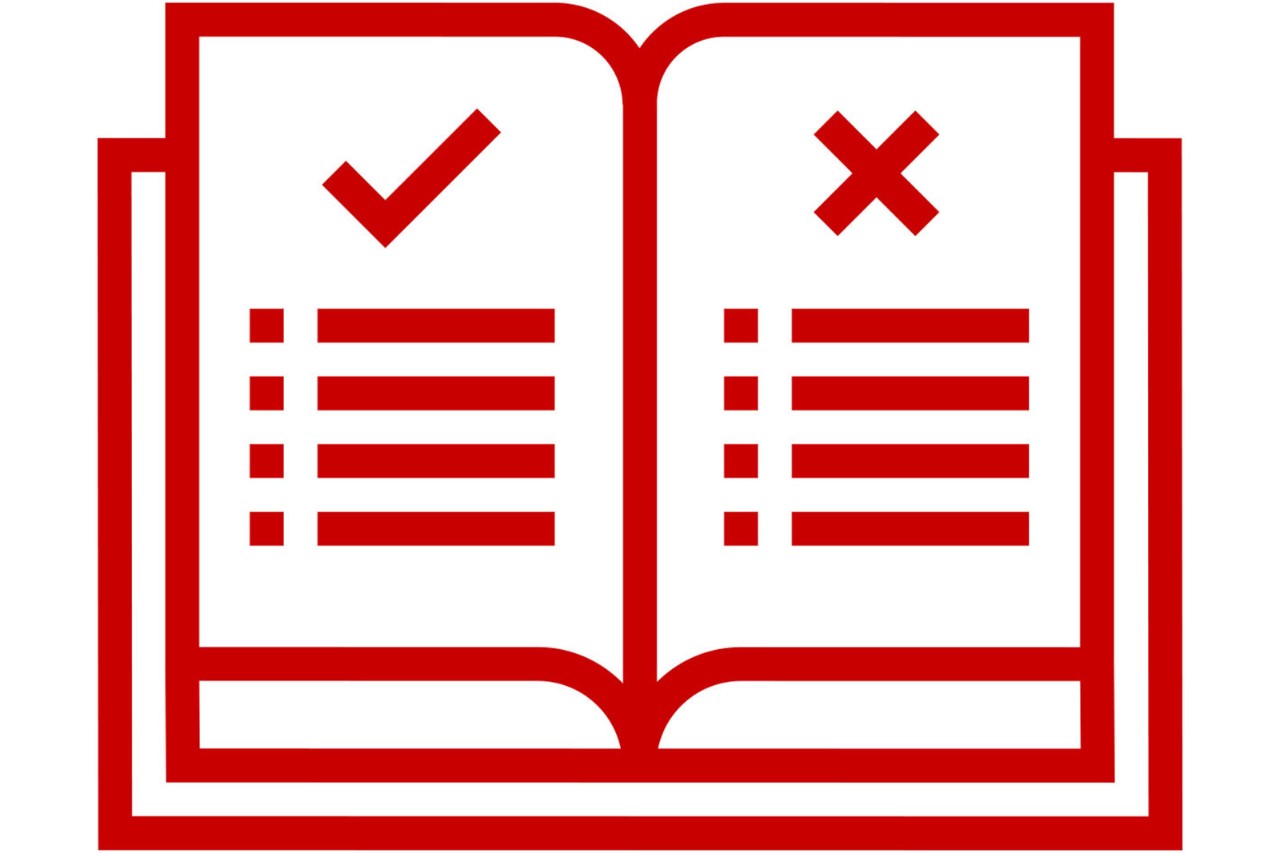
More information
Watch on-demand sessions from ACCA’s virtual conference ‘Accounting for the Future’, including ‘Preparing for sustainability reporting’ and ‘Ethical dilemmas in an era of sustainability reporting’. All the sessions offer free CPD units
See also ACCA’s latest report Sustainability reporting: the guide to preparation
Sustainability
The International Sustainability Standards Board and the Global Reporting Initiative (GRI) have released guidance on promoting the interoperability of their respective climate reporting standards. This includes when companies disclose direct and indirect scope 1, scope 2 and scope 3 greenhouse gas (GHG) emissions under GRI 305: Emissions and IFRS S2 Climate-related Disclosures. The guidelines argue that both have a ‘high degree of alignment, with companies reporting GHG emissions under GRI ‘well positioned to report information…with IFRS S2’. The guidance clarifies what additional information is needed for full compliance under both systems.
The European Union (EU) Council of Ministers and the European Parliament have approved a two-year delay to mandatory sustainability reporting within the EU for listed small-and-medium-sized enterprises (SMEs) and non-EU companies until June 2026. MEPs and ministers agreed the same delay for sustainability reports complying with sector-specific standards developed by the European Financial Reporting Advisory Group (EFRAG), notably to aid companies in the financial sector.
EFRAG has launched a public consultation on a draft European Sustainability Reporting Standard for listed SMEs and a draft for a voluntary reporting standard for non-listed SMEs, with comments sought until May 21, (2024). EFRAG said the standards would help small businesses meet requests for sustainability information from business partners, such as banks, investors or larger companies.
The GRI has released a new mining sustainability reporting standard that covers these businesses’ impact on air and liquid emissions, waste, human rights to land and resource rights, climate change, biodiversity, corruption and community engagement. It includes three topics not previously addressed by GRI: tailings management, artisanal and small-scale mining, and operating in conflict zones.
Auditing
The International Auditing and Assurance Standards Board (IAASB) has proposed an International Standard on Auditing ISA 240, The Auditor’s Responsibilities Relating to Fraud in an Audit of Financial Statements. Reforms include clarified auditor responsibilities over fraud; more professional scepticism over records; strengthened identification and assessment of risks about fraud-generated material misstatements; clarified responses to identified fraud; better communication with management and governance; and better improved documentation.
Ethics
The International Ethics Standards Board for Accountants (IESBA) has released a draft International Ethics Standards for Sustainability Assurance (including International Independence Standards) (IESSA). Its goal is minimising greenwashing and boosting the quality of sustainability information, imposing a baseline of ethics (including independence) to ensure sustainability information is produced with integrity and objectivity.
IESBA has also released draft guidance on using the work of an external expert, advising accountants or sustainability assurance practitioners on assessing external experts’ competence, capabilities and objectivity.
IESBA and the International Accreditation Forum will cooperate in promoting the use of a common framework of high standards of ethical conduct in the assurance of sustainability information, including in training and sharing information. They will explore how IESSA can be used in accredited verifications complying with the global conformity assessment standard ISO/IEC 17029 of the International Organization for Standardization and the International Electrotechnical Commission.
Public sector
The International Public Sector Accounting Standards Board has developed two standards helping government bodies value natural resources, including minerals, water and living organisms. A better financial assessment will help governments grant rights to these resources. Exposure draft ED86 proposes a standard on accounting for costs incurred in the exploration and evaluation of mineral resources. And ED87 proposes an appendix to IPSAS12 on inventories clarifying when to capitalise or expense costs for removing waste material in surface mining operations.
SMPs
The International Federation of Accountants has released a paper on how small-and medium-sized accounting practices (SMPs) can be innovative and adaptable, helping SME clients and meeting ‘a growing demand for support beyond traditional accounting services’. To deliver, SMPs must be live to new developments, such as technology advances and growing reporting areas, such as sustainability.

